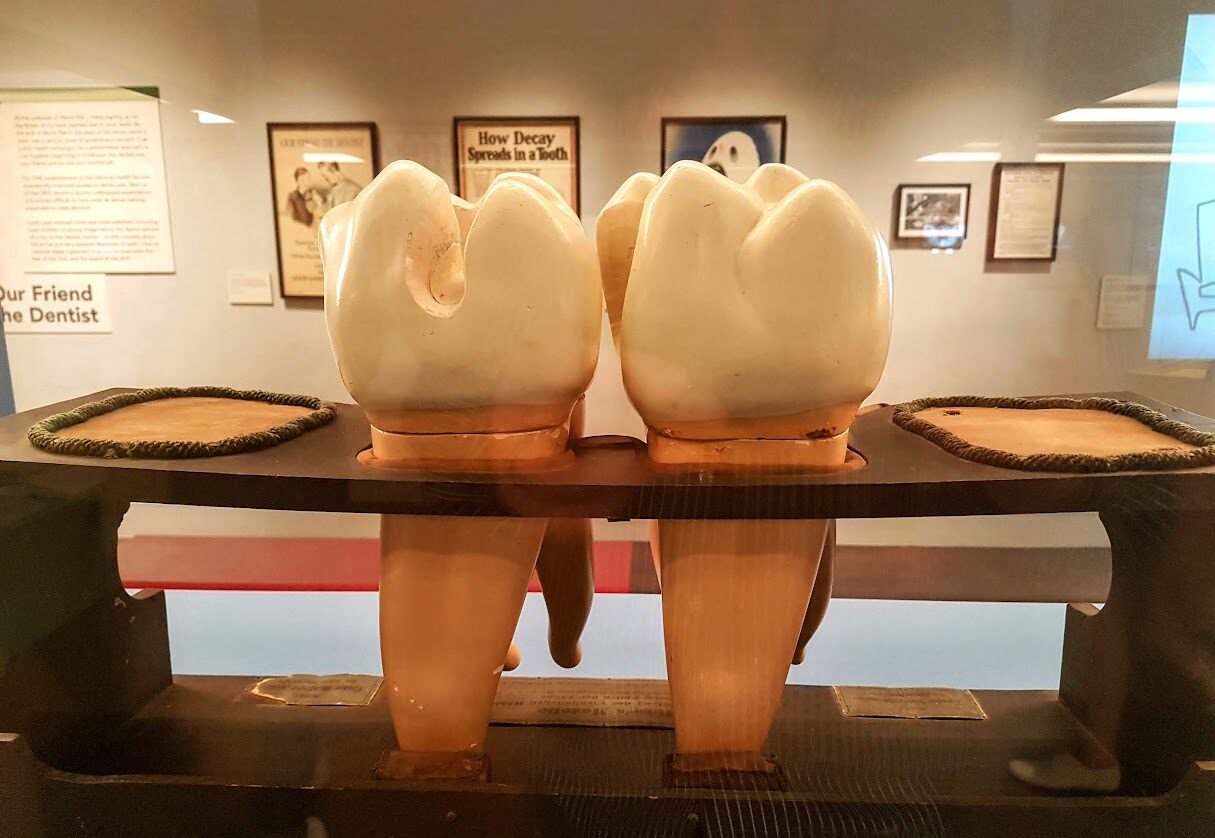Science
New Study Reveals Tooth Nerves Protect Against Damage

A recent study from the University of Michigan has unveiled that sensory neurons within the teeth perform a critical dual function. These neurons, known for transmitting pain signals to the brain, also initiate a jaw-opening reflex that protects teeth from damage. This discovery enhances the understanding of tooth physiology and highlights the importance of healthy nerve function in dental health.
Researchers focused on the behavior of sensory neurons in the molars of mice, employing advanced live imaging and behavior-tracking tools. The study, published in March 2024 in the journal Cell Reports, identifies the cellular origins of the jaw reflex, which was previously recognized but not thoroughly understood.
The study’s lead author, Joshua Emrick, an assistant professor at the U-M School of Dentistry, emphasized the significance of these findings, stating, “We suspected there was a more fundamental role for tooth nerves.” The results indicate that when the enamel or dentin of a tooth is compromised, these specialized neurons, known as High-Threshold Mechanoreceptors (HTMR), respond swiftly. They send rapid signals to the brain, triggering an immediate protective response.
This newly defined role for HTMRs challenges the long-held belief that tooth nerves solely function to elicit pain. Emrick explained, “If you’ve ever accidentally bitten down on your fork, you’ve probably experienced a startling jolt, but also stopped short of fracturing your teeth. You may thank these intradental HTMRs for that.” The reflex acts as a mechanism for self-preservation, highlighting the evolutionary importance of these neurons in mammals, particularly those unable to regenerate teeth, such as humans.
The research team observed that upon activation of the HTMRs, a rapid jaw-opening reflex occurred within just 5 to 15 milliseconds. This reflex not only reduces the risk of tooth damage but also suggests that these sensory neurons may play a broader role in protecting other oral and bodily structures from harm.
Emrick noted that this finding opens avenues for potential dental treatments. “Our work reports an ability to use these neurons to also elicit pain, which will open up possibilities for developing new methods for relieving toothache at the dentist’s office.”
The study underscores the essential role of nerve health in maintaining dental integrity and suggests that future research could lead to innovative ways to manage dental pain and improve oral health outcomes. Understanding the protective functions of tooth nerves may have significant implications for dental practices and treatments.
In conclusion, the research from the University of Michigan not only broadens the knowledge regarding tooth nerve functions but also reinforces the importance of preserving nerve health for optimal dental well-being. As the scientific community continues to explore these findings, they may pave the way for advancements in dental care strategies.
-

 Politics4 weeks ago
Politics4 weeks agoSecwepemc First Nation Seeks Aboriginal Title Over Kamloops Area
-

 World5 months ago
World5 months agoScientists Unearth Ancient Antarctic Ice to Unlock Climate Secrets
-

 Entertainment5 months ago
Entertainment5 months agoTrump and McCormick to Announce $70 Billion Energy Investments
-

 Science5 months ago
Science5 months agoFour Astronauts Return to Earth After International Space Station Mission
-

 Lifestyle5 months ago
Lifestyle5 months agoTransLink Launches Food Truck Program to Boost Revenue in Vancouver
-

 Technology3 months ago
Technology3 months agoApple Notes Enhances Functionality with Markdown Support in macOS 26
-

 Lifestyle3 months ago
Lifestyle3 months agoManitoba’s Burger Champion Shines Again Amid Dining Innovations
-

 Top Stories2 months ago
Top Stories2 months agoUrgent Update: Fatal Crash on Highway 99 Claims Life of Pitt Meadows Man
-

 Politics4 months ago
Politics4 months agoUkrainian Tennis Star Elina Svitolina Faces Death Threats Online
-

 Sports5 months ago
Sports5 months agoSearch Underway for Missing Hunter Amid Hokkaido Bear Emergency
-

 Politics5 months ago
Politics5 months agoCarney Engages First Nations Leaders at Development Law Summit
-

 Technology5 months ago
Technology5 months agoFrosthaven Launches Early Access on July 31, 2025













